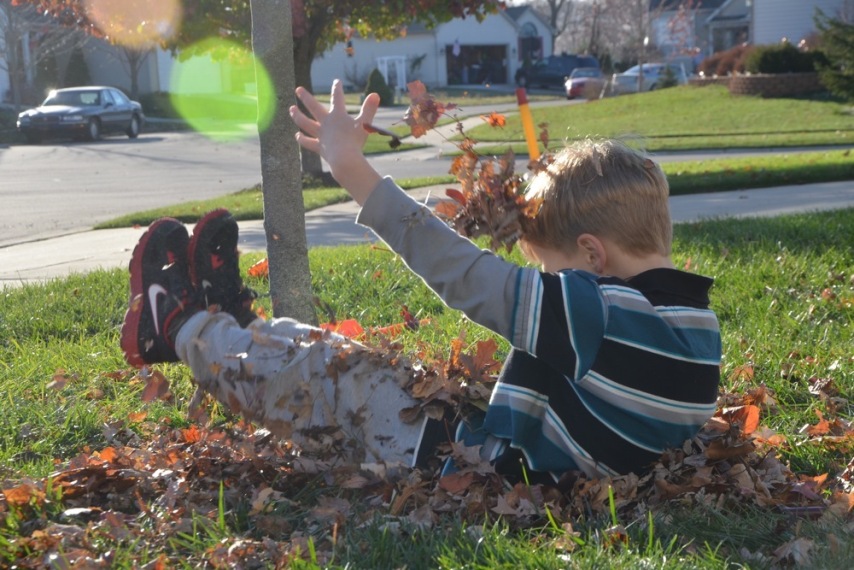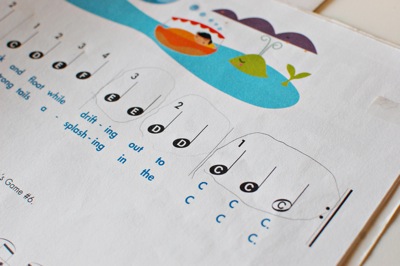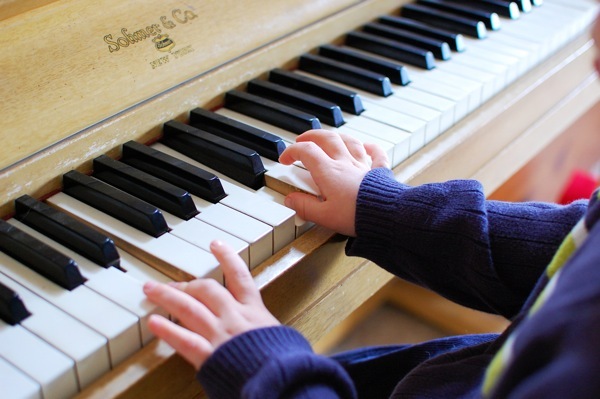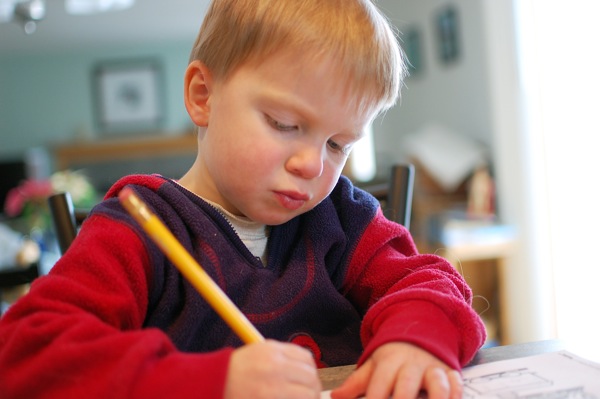Learning tools: Math (age 5)
Math in our house looks like a little bit of everything. Calvin does a few sheets from a curriculum a few of times a week, but most of our math now comes in the form of games or real life usage. I am finding that the real opportunities for learning math come when a question presents itself and, instead of simply answering it, we work with Calvin to reach the goal, doing all the steps together along the way.
In fact, the more comfortable I become with the unstructure of the unschooling life I always wanted but was afraid I could never do, the more I find that I am able to leave the curriculum behind and seek learning in life itself. Calvin has never been the problem—it's me who keeps getting in the way. (and I have many unschooling bloggers to thank for my increasing courage, especially Stephanie at OLM—thank you for sharing what you do).
So here is a list of math learning tools from a mom that desperately wants to be unschooling, and is getting closer every day.
Math in everyday life:
Cooking
Keeping a calendar for library books
Measuring and building, or measuring and making crafts
Recording the savings and spending of allowance
Telling and measuring time
Workbooks/Traditional:
Lollipop Logic (books 1-3)
Math-U-See (blocks and books—now on Beta)
Board games:
Any game that requires adding up a score
Blokus Junior (Mattel)
Math War (School Zone)
Monopoly (Hasbro)
Qwirkle (Mindware)
Shut the Box (ours is by Melissa and Doug)
Totally Tut (Learning Resources)
Other games and activities:
Art
Legos
Making games, graphs, mazes
Pattern Play (by Mindware)
Piano (now on Piano Adventures, level 2A)
Puzzles
Tangrams (Puzzles by Chris Crawford, and Grandfather Tang's, by Ann Tompert)
Internet games:
Feed Fribit (addition and subtraction, coolmath-games.com)
Math Lines (addition, coolmath-games.com)
Count the Cubes (coolmath-games.com)
Turtle Pond (graph manipulation)
Shut the box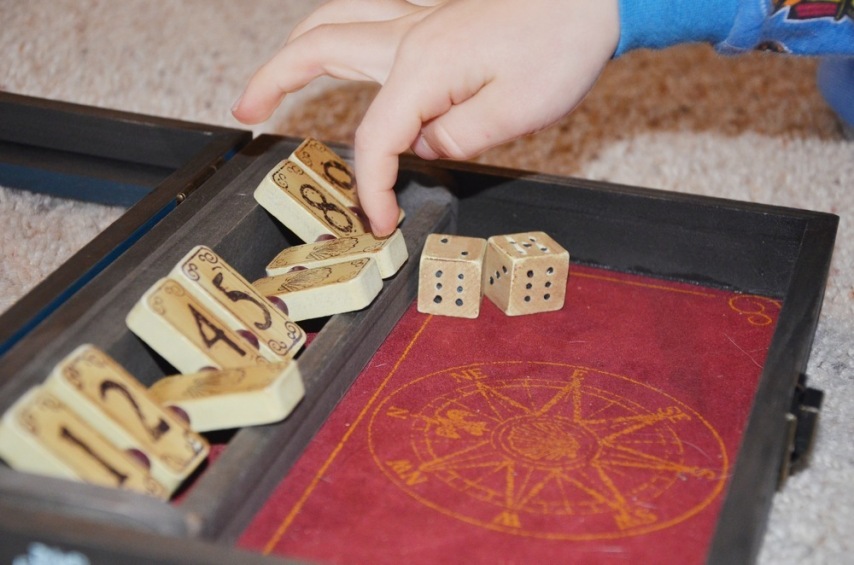
Puzzles (Dec 2011)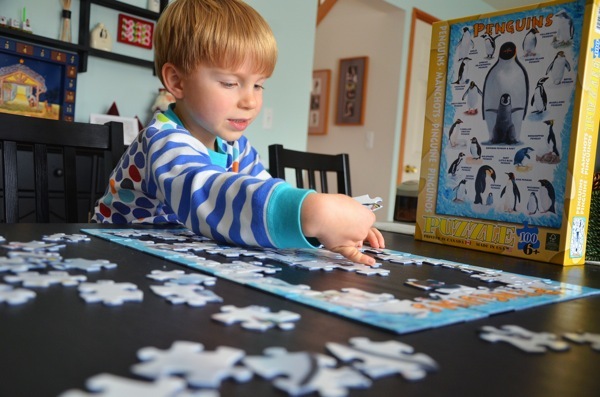
Cooking (February 2011)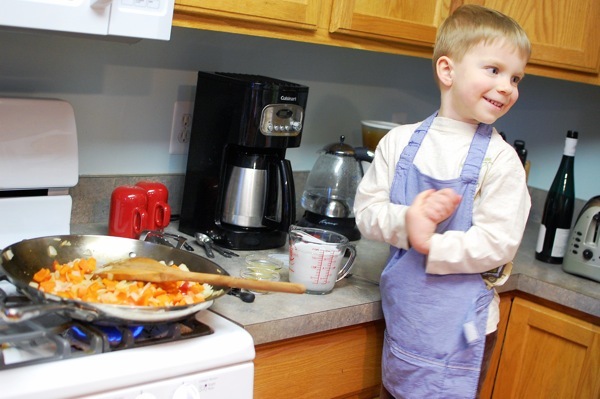
Math-U-See (Sept 2011)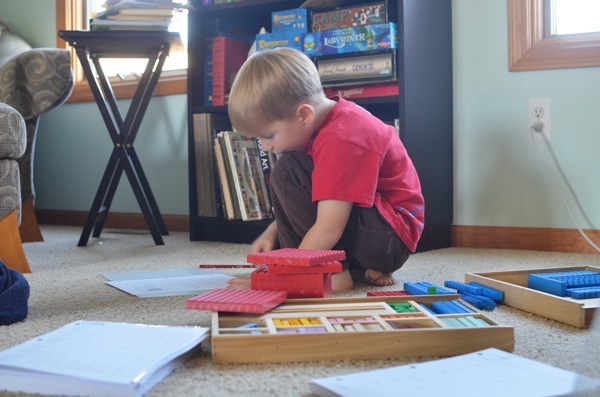
Monopoly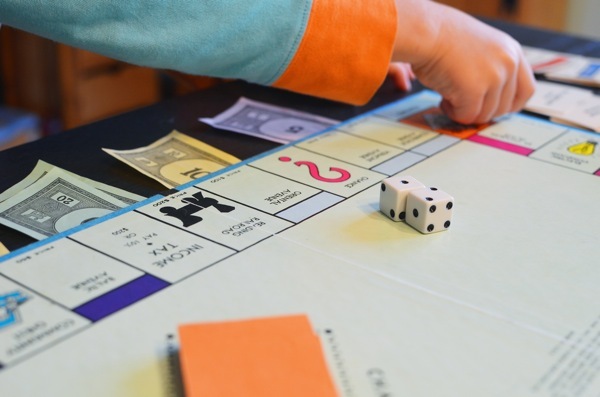
Qwirkle, and keeping score (Aug 2011)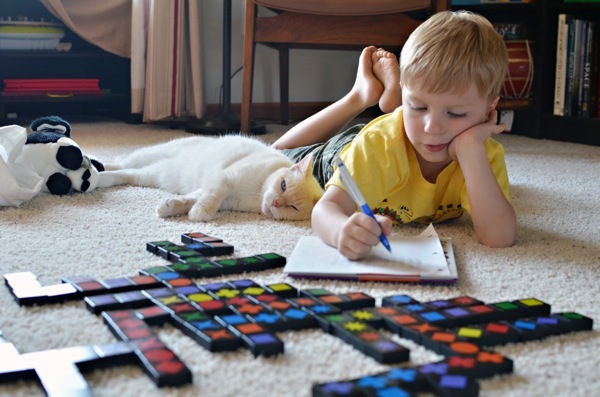
Legos (July 2011)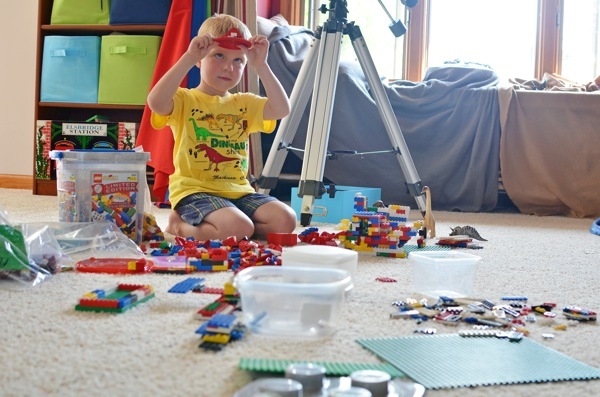
Piano (sept 2011)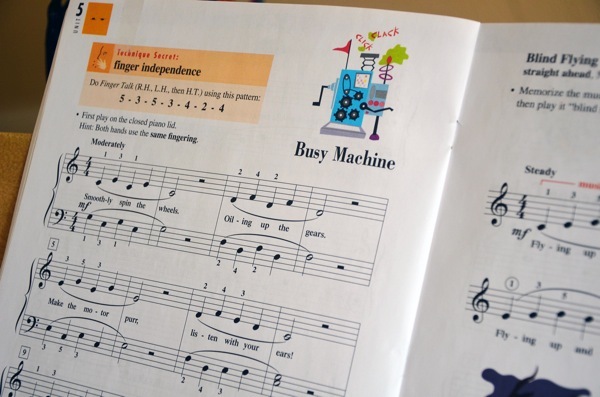
See other great lists of math tools over on OLM.
 curriculum,
curriculum,  learning & teaching,
learning & teaching,  math,
math,  resources,
resources,  unschooling
unschooling 




